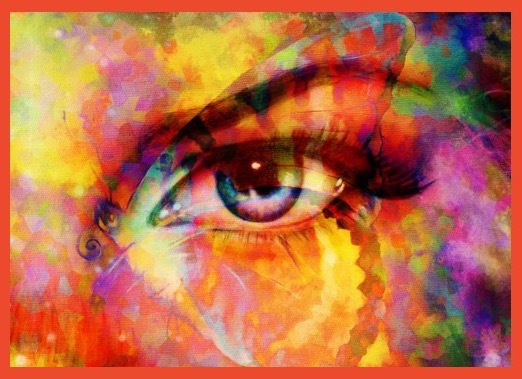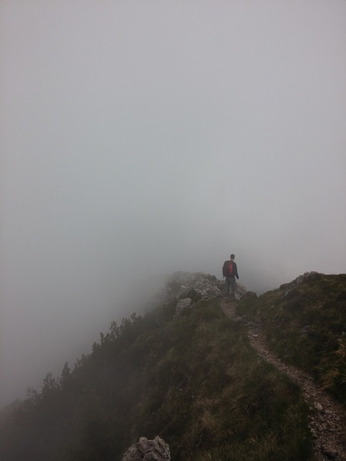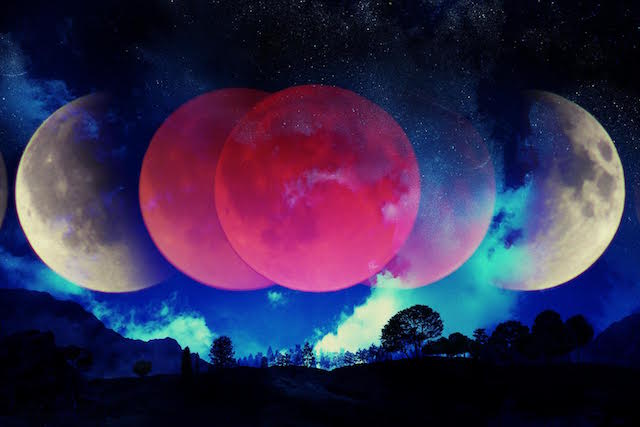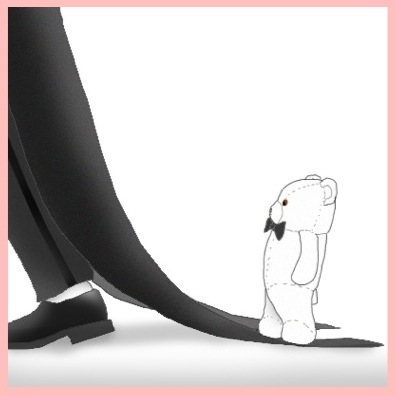Fri 9 Apr 2021
How Skepticism led to conspiracy theory culture
Posted by PJ under belief, lies, paranormal, science, skepticism
No Comments
Please note that I have capitalized Skepticism. I am referring here not to healthy skepticism, which any reasonable person must apply to dubious claims, whether of the paranormal or elsewise, but to the sort practiced by the Skeptical Inquirer, various magicians, Richard Dawkins and others who have made Skepticism their one true religion. Pseudoskeptics, in other words. These Skeptics use sometimes very sloppy science to bludgeon experiencers into submission, have been caught in out-and-out suppression of genuine inquiry, and when all else fails fall back on tropes without evidence to counter claims of the paranormal. For them, no evidence—no matter how good—can ever stand up to their “it must be faked/hallucination/lies†counterargument. All, of course, expressed in the most pompous and mocking tones.
Dishonest Skepticism does not achieve its most desired goal: the extermination of all belief in the extraordinary. In fact, it encourages people to disregard what these Skeptics are saying because it’s so easy for most people to see through that kind of dishonesty. Worse, it encourages people to disregard skeptics and experts of all sorts. It’s not a very long leap from disregarding a dishonest Skeptic to questioning the veracity of immunologists during a pandemic.
Yes, reasonable people will still use their brains in those matters, but the doubt begun with dishonest Skepticism grows in the dark and spreads like a cancer. People who are credulous, who have had the experience of their own eyes mocked or disregarded without sincere investigation, are more likely to believe well-told lies. Once they’ve bought any of the lies, it’s easier to sell them the next lie. Very soon, the fact-based, science-backed words of the genuine expert can be dismissed as “that’s just his opinion.†(Something I’ve actually heard hoax believers say about the COVID precautions urged by Dr. Fauci.)
Maybe the spirit of one’s dead mother didn’t appear beside the bed to say she was happy and not to worry, maybe it was just a comforting dream. Maybe those weird lights in the sky were just a misidentification of something natural, although they did perform in very unnatural ways. Maybe that immensely tall hairy manlike creature didn’t stand in front of you ten feet away before loping off into the woods and disappearing. Maybe that was just…well, very hard to rationalize that away without falling to the fake/lie/hallucination trope—but you get my drift. The thing is, a healthy skepticism would say, “I don’t know what it was you saw. It may be exactly as you say, or it may have had a rational explanation, but I don’t have one right now.†A Skeptic, on the other hand, would not rest until the experiencer was mocked into submission, hiding away in the dark corners of the internet where the Religion of the Lie can take root and spread.
Do I expect the Skeptics to rethink things and shut up? Of course not. This is their religion, after all. True believers never reconsider their positions. They know the Ultimate Truth and will go down in flames to defend it. Just like those who believe lizard people have taken over the government and are eating babies in the basement of the Capitol building. Unfortunately, these two extreme fringes of discourse threaten to take the rest of us down in flames with them.
Belief has always been experiential in nature. I suppose, healthy skepticism is non-experiential in nature. Skepticism, on the other hand, the unhealthy variety, strikes me as a bone-deep existential terror that the Skeptic may not know the answer to all things and that there may be more things in Heaven and Earth than are dreamt of in their philosophy.








